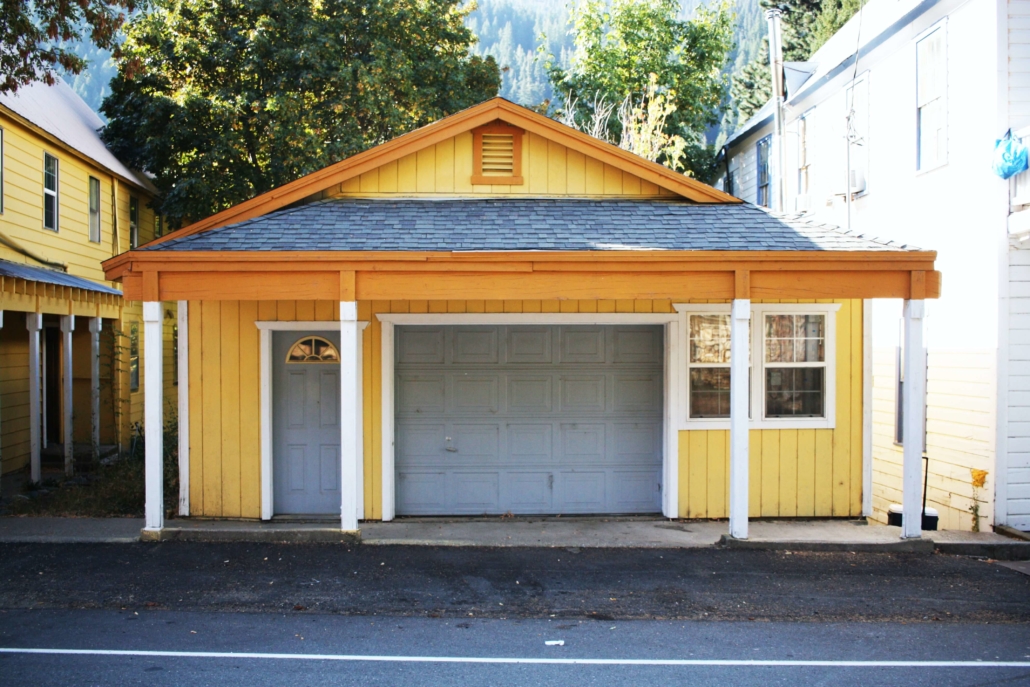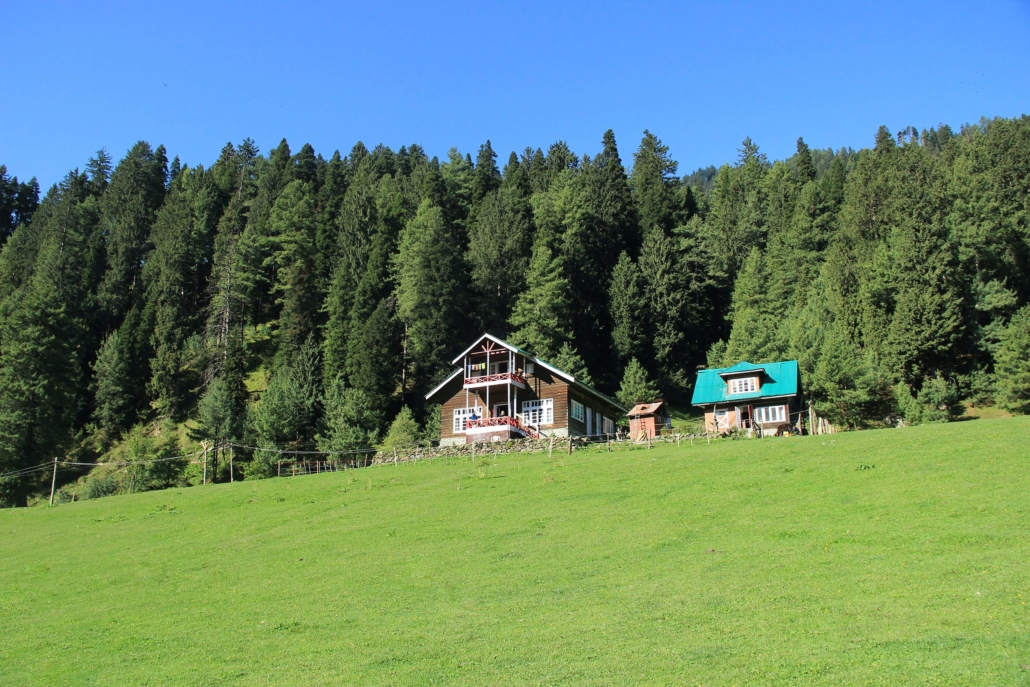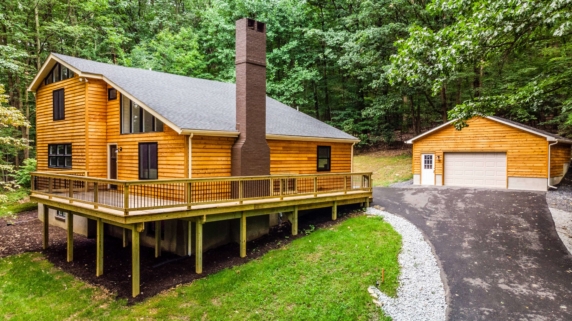What Is an ADU?
While folks in LA or the Bay Area might be familiar with the term “ADU,” it’s still pretty uncommon. We predict, however, that this form of housing will grow in both understanding and popularity over the next several years. As the population grows, it might become more of a necessity (and a great rental property investment option for those wanting to get ahead of trends).
What is an ADU?
ADUs are accessory dwelling units; in other words, a secondary residence that’s on the same property as a primary residence. Examples include:
- A guest house
- A detached garage or shed that’s been remodeled to a livable space
- A completely new building
ADUs have to have their own entrance that’s separate from the house, a kitchen, living area, bathroom, and all the other components you’d expect to find in a house.
Why do ADUs exist?

Cities like San Francisco or Denver have a lot of older (usually pretty big) houses, oftentimes with carriage houses or detached garages. These cities have also experienced massive population booms as of late.
When rental units are hard to come by and houses are nearly impossible to afford for the average Joe or Jolene, homeowners who already have these houses can turn the spare residence into a rental.
Does an ADU have to be an existing building?
Homeowners can build new ADUs on their property. However, there are a ton of building codes, zoning ordinances, and other regulations that need to be factored in. Building a new ADU is no easy feat — if anything, just getting approved to have one is sometimes more challenging than actually constructing one.
Are ADUs a good rental property investment?

Potentially. Here are some of the pros and cons of ADU rentals:
Pros:
- If you already have a carriage house or apartment above a garage, renovations are likely much cheaper than buying a brand new property.
- Having a rental property on your own property makes it more convenient to renovate (you won’t have to drive anywhere).
- Depending on your area, a well-constructed ADU could be in high demand.
- ADUs add more housing in an area that doesn’t have more land to build on.
- Adding an ADU could also add more value to your home.
Cons:
- Taxes could be so high that you wouldn’t turn a profit.
- Zoning and building permits can be some of the biggest hassles and take a ton of time.
- ADUs are still a new concept; many potential renters might lean towards a traditional apartment or house.
- Many subdivisions or cities don’t allow them.
Bottom line, if you’re interested in an ADU for your property you should definitely consult with the city to see if it’s allowed, as well as check in with a tax professional before diving in. Weigh out as many costs as you can beforehand.
If it doesn’t seem feasible but you still want to own a rental property, look through the RealtyHive listings! We connect highly motivated sellers with interested buyers through our time-limited events. Find your ideal rental property through RH.

